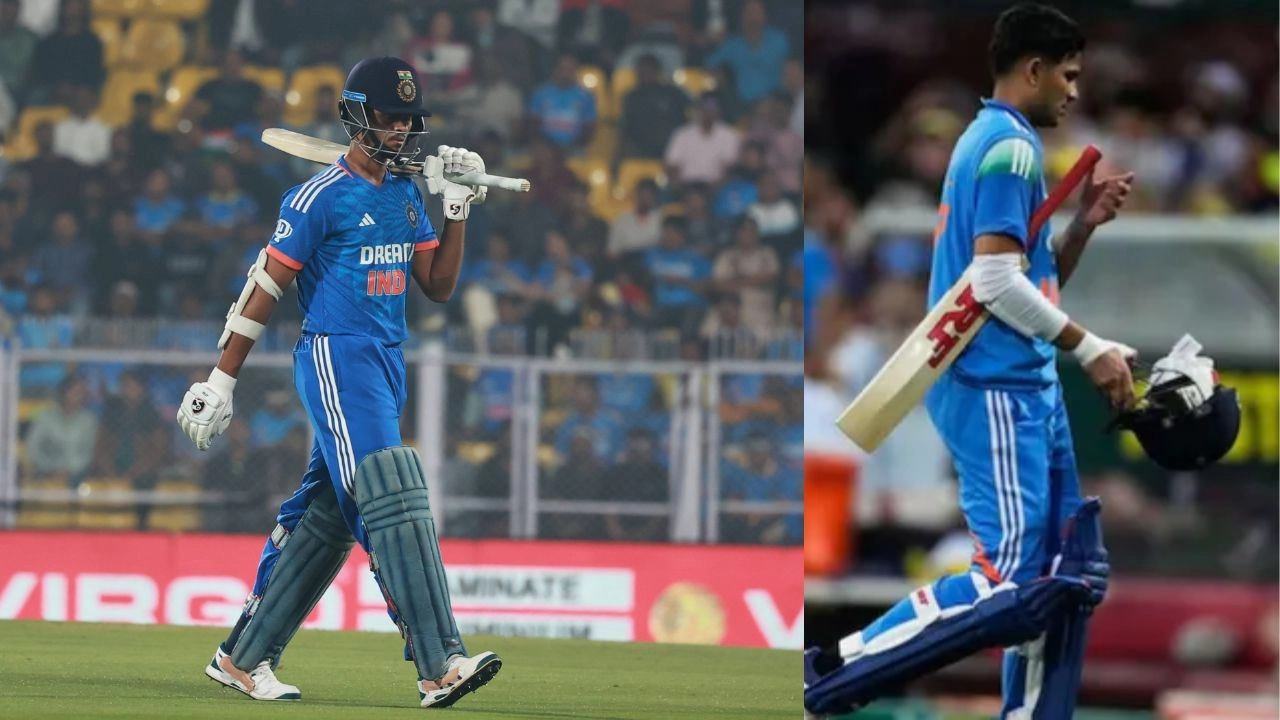Shubman Gill, the rising star of Indian cricket, has recently found himself at the center of controversy following accusations from a BCCI selector, who claimed that his presence in the team has been detrimental to the Indian T20I squad. The selector’s criticism specifically targets Gill’s performance and impact on the team dynamics, leading to questions about his suitability for the vice-captaincy role. This situation has sparked widespread debate among cricketing pundits, fans, and former players, all weighing in on whether Gill’s position in the lineup is justified or if it is hindering the team’s overall performance in the shorter format of the game.
As a young cricketer, Gill has shown immense promise and talent, establishing himself as a key player in the Indian cricket setup. However, the selector’s remarks suggest that there are underlying issues, including concerns about his form, adaptability in T20 matches, and his ability to contribute effectively to the team’s goals. The vice-captaincy, a role that requires not only skill but also leadership qualities, has come under scrutiny, with critics questioning whether Gill possesses the experience and temperament necessary to support the team in high-pressure situations.
The implications of such comments from a BCCI selector are significant, as they could influence team selection and strategy moving forward. With the T20 World Cup on the horizon, the Indian team is under immense pressure to perform, and any perceived discord within the squad could have detrimental effects on their chances for success. As fans and analysts grapple with these developments, the cricketing community is left to ponder the future of Shubman Gill in the T20 format and the broader impact of such criticisms on his career trajectory. Ultimately, the question remains: can Gill rise above this criticism and prove his worth to the team, or will the doubts surrounding his capabilities continue to linger?




